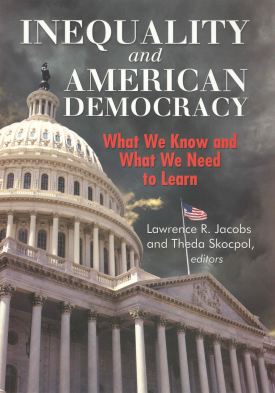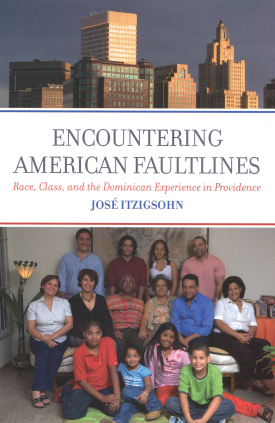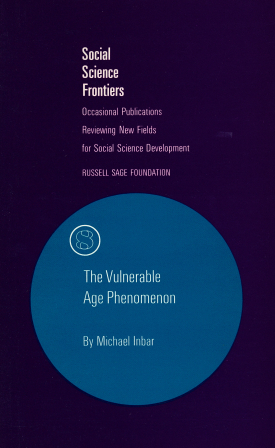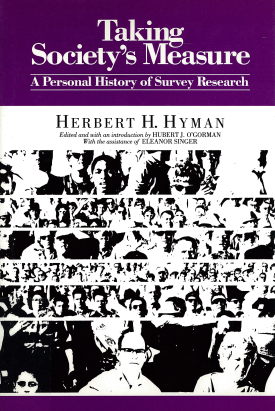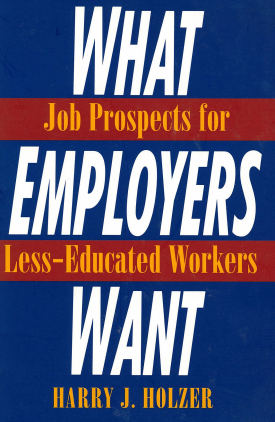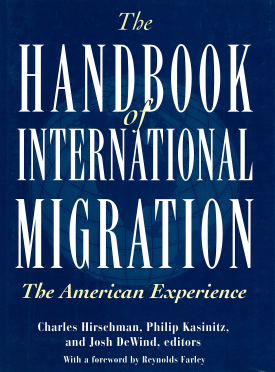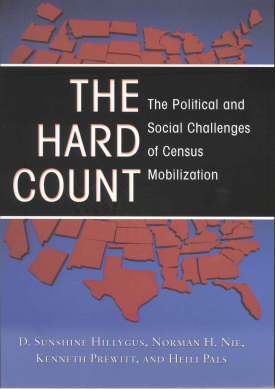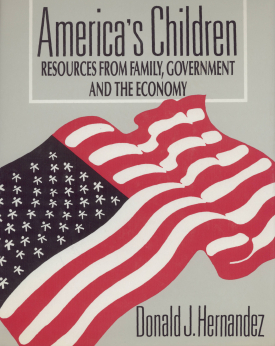
Poverty and Place
About This Book
Awarded Best Book in Urban Affairs Published in 1997 / 1998 by the Urban Affairs Association.
One of Choice magazine's Outstanding Academic Books of 1997
"[An] alarming report, a rigorous study packed with charts, tables, 1990 census data and [Jargowsky's] own extensive field work.... His careful analysis of enterprise zones, job-creation strategies, local economic development schemes and housing and tax policies rounds out an essential handbook for policy makers, a major contribution to public debate over ways to reverse indigence." —Publishers Weekly
"A data-rich description and a conceptually innovative explanation of the spread of neighborhood poverty in the United States between 1970 and 1990. Urban scholars and policymakers alike should find Jargowsky's compelling arguments thought-provoking."—Library Journal
"A powerful book that allows us to really understand how ghettos have been changing over time and the forces behind these changes. It should be required reading of anyone who cares about urban poverty." —David Ellwood, Malcolm Wiener Professor of Public Policy, John F. Kennedy School of Government, Harvard University
Poverty and Place documents the geographic spread of the nation's ghettos and shows how economic shifts have had a particularly devastating impact on certain regions, particularly in the rust-belt states of the Midwest. Author Paul Jargowsky's thoughtful analysis of the causes of ghetto formation clarifies the importance of widespread urban trends, particularly those changes in the labor and housing markets that have fostered income inequality and segregated the rich from the poor. Jargowsky also examines the sources of employment that do exist for ghetto dwellers, and describes how education and family structure further limit their prospects. Poverty and Place shows how the spread of high poverty neighborhoods has particularly trapped members of poor minorities, who account for nearly four out of five ghetto residents. Poverty and Place sets forth the facts necessary to inform the public understanding of the growth of concentrated poverty, and confronts essential questions about how the spiral of urban decay in our nation's cities can be reversed.
PAUL A. JARGOWSKY is associate professor of political economy in the School of Social Sciences at the University of Texas, Dallas.


